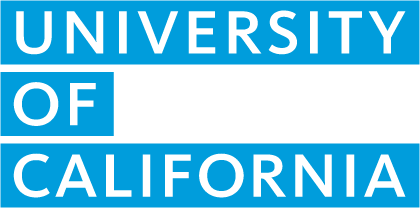College-preparatory elective
Course Content Guidelines
All courses approved for college-preparatory elective (G) must satisfy the following:
- Be academically challenging.
- Involve substantial reading and writing.
- Include problem-solving and laboratory work, as appropriate.
- Show serious attention to analytical thinking and research skills
- Develop students’ oral and listening skills.
- Incorporate learning to develop skills and cultivate interest in the academic enterprise.
Courses specifically approved in the G subject area include those such as political science, economics, geography, humanities, psychology, sociology, anthropology, journalism, speech or debate, computer science, computer programming and others or will be interdisciplinary in nature, drawing knowledge from two or more fields.
Approved courses that cannot be categorized in any of the A-F areas must provide academically challenging study at the same level of rigor as courses in the A-F subject matter fields.
One year of college-preparatory coursework required, chosen from: courses approved specifically in the elective (G) subject area, or courses approved in the A-F subject areas beyond those used to satisfy the requirements of the A-F subjects.
For information on how a student can fulfill UC A-G admissions requirements, please visit the UC Admissions website.
Honors Course Criteria & Guidance
Honors-level elective courses categorized specifically in the (G) subject area will demonstrate distinctive features that set them apart from non-honors coursework covering the same discipline(s).
UC honors-level elective (G) courses must also meet the general A-G honors-level course criteria.
Core Competencies
The intent of the college-preparatory elective requirement is to encourage prospective UC students to fill out their high school programs with courses taken in grades 9-12 that:
- Strengthen general study skills (e.g., analytical reading, expository writing, and oral communications).
- Provide students an opportunity to begin work that could lead directly into a major program of study.
- Expose students, at some depth, to new disciplines that might form the basis for future major or minor studies at the University.
